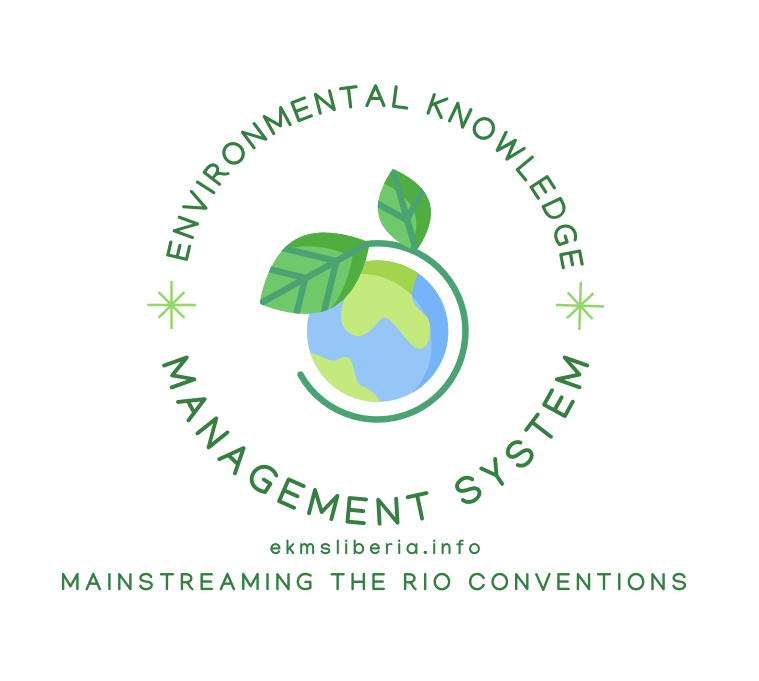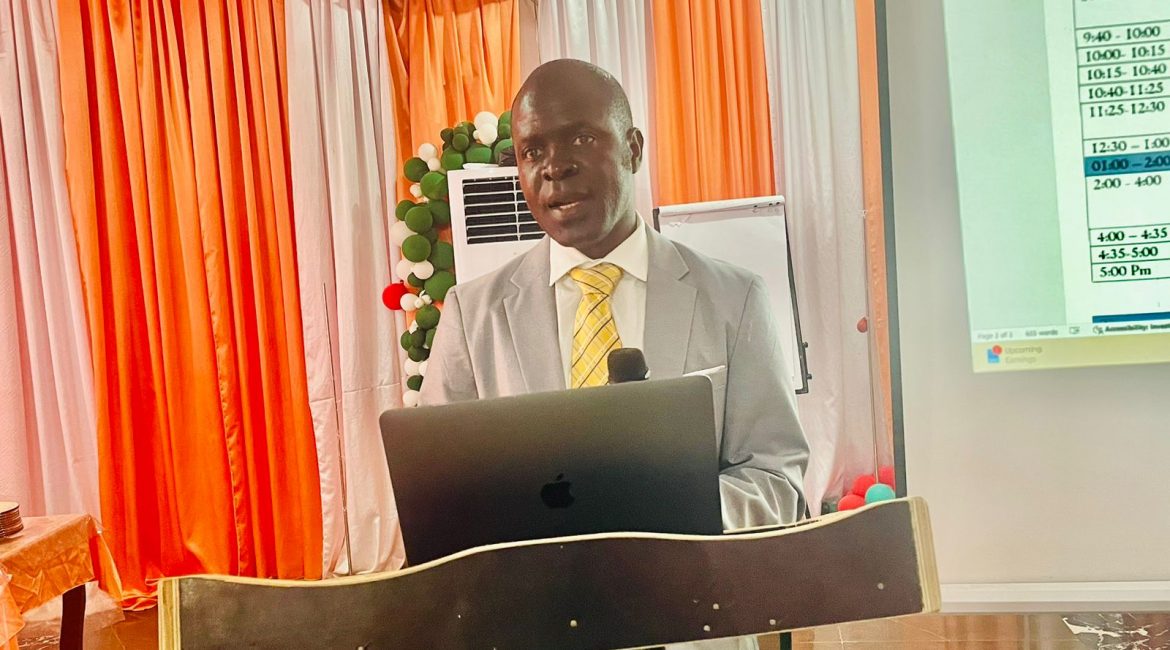Monrovia, August 11, 2025 – The Executive Director of Liberia’s Environmental Protection Agency (EPA), Dr. Emmanuel K. Urey Yarkpawolo, has strongly opposed a proposal by Hon. Thomas Romeo Quiah, Representative for Sinoe County District #2, to de-gazette Sapo National Park (SNP), warning that such a move would cause “irreversible damage” to Liberia’s environmental, economic, and cultural heritage.
In a detailed rebuttal issued Monday, Dr. Yarkpawolo described the SNP as the nation’s “prime treasure” and the largest protected area in Liberia — home to one of the most intact tropical rainforests on Earth. The park shelters hundreds of species of mammals, birds, butterflies, and plants—many of them rare, endemic, or endangered—and plays a crucial role in maintaining ecological stability and climate resilience.
Critical Ecosystem and Climate Value
According to the EPA, the park forms the heart of the largest remaining portion of the Upper Guinean Forest of West Africa, acting as a global carbon sink with the capacity to store up to 29 million tons of carbon. “Degazetting would destroy Liberia’s competitive advantage in global carbon markets,” Dr. Yarkpawolo warned, noting that intact forests are central to ongoing discussions for the nation’s carbon trading policy and its commitments under the Paris Agreement.
He stressed that studies show every dollar invested in a protected area yields at least six dollars in economic returns through ecosystem services such as water purification, flood regulation, and hazard protection. The park’s ecological benefits also help reduce drought and extreme heat risks for local communities.
Violation of Laws and International Commitments
The EPA chief cautioned that the proposal directly conflicts with Liberia’s Environmental Protection and Management Law (2003), the National Wildlife Conservation and Protected Area Management Law (2016), and the Forest Reform Law (2006). It would also undermine the country’s pledge to protect 30% of its forests and its obligations under global biodiversity and climate treaties.
Economic Risks and Community Impact
Dr. Yarkpawolo rejected the notion that degazettement would benefit surrounding communities, citing past experiences with unregulated logging that left forests depleted and local people worse off. He emphasized that over 90% of park staff are hired from nearby towns, providing steady local employment—an opportunity that would be lost if protections were removed.
“Experience shows degazettement favors elite commercial interests over grassroots development,” he said. “It would open the door to unsustainable exploitation, rural poverty, and the erosion of community rights.”
A Call for Strengthened Management, Not Elimination
Instead of removing the park’s protected status, the EPA is recommending governance reforms, increased funding, and expanded community participation. Specific proposals include: boosting SNP’s operational budget, launching international fundraising campaigns, conducting carbon credit feasibility studies, and resolving outstanding boundary disputes with affected communities.
“The long-term socio-ecological and economic costs of degazetting far outweigh any short-term gains,” Dr. Yarkpawolo concluded. “Our task is not to dismantle Sapo National Park, but to unlock its full potential for conservation and sustainable livelihoods.”
Sapo National Park, located in Sinoe County, spans 180,400 hectares and remains one of Liberia’s most important symbols of biodiversity, ecological resilience, and national pride.
Signed:
Danise Love Dennis-Dodoo
Director for Media and Communications
Environmental Protection Agency






